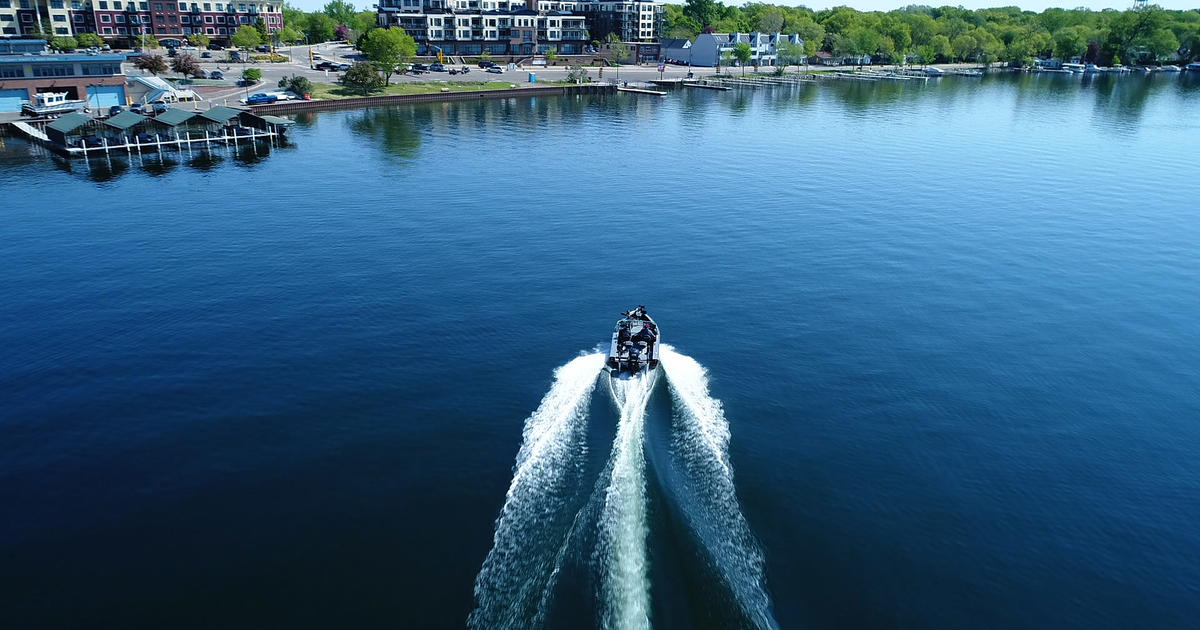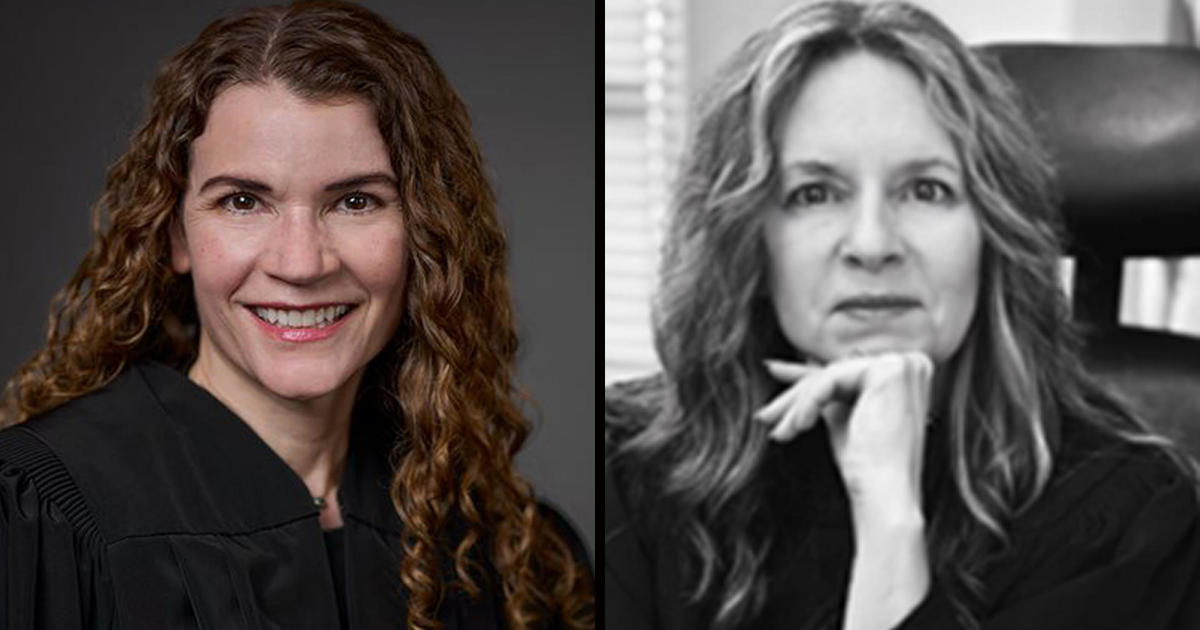Minnesota Bear Researcher Plans To Restart Den Broadcasts
MINNEAPOLIS (AP) — A Minnesota wildlife researcher said he plans to resume broadcasting video of hibernating bears this winter, after the state Court of Appeals ruled Monday that he doesn't need a permit to set up cameras in their dens.
But the Department of Natural Resources said state law clearly bars anyone from disturbing the dens of wild animals in the winter, and if Lynn Rogers plans to set up or handle the cameras from Nov. 1 through April 1, he will need a permit.
Rogers attracted a devoted online following — more than 140,000 Facebook followers — after installing a camera in the den of a bear that gave birth to a cub on the Internet in 2010.
He dropped the broadcasts after the DNR in 2013 declined to renew a permit that allowed him to radio-collar bears and visit dens, citing concerns that the bears had become so used to being hand-fed by Rogers that they were a danger to humans.
Rogers sued, and the case eventually went to the appeals court.
"I just want to move ahead for science and education and am thrilled that the judges saw the value of our research and ruled that we can resume broadcast of the Den Cams to learn all we can," he said in an email Monday.
It's not clear how Rogers will resume the broadcasts.
Court documents show Rogers' previous permit — the one that the DNR refused to renew — allowed both the radio collaring of bears and den visits.
Monday's appeals court decision focused on the practice of collaring bears, and found that attaching a collar so a bear can be remotely tracked amounts to possession, so it requires a permit.
DNR spokesman Chris Niskanen said the agency won't renew Rogers' permit for radio collaring.
When it comes to den cameras, the appeals court said no permit was needed, noting that trail and wildlife cameras have become common.
However, Niskanen says another state law — which wasn't mentioned in the appeals court decision — prohibits the disturbance of dens during the winter without a permit.
Niskanen said that under this law, Rogers could set up cameras before Nov. 1 and leave them alone all winter. But if he plans to set up cameras after Nov. 1 or adjust the cameras during the winter months, he'll need to apply for a permit, which the state would review.
"We just don't think disturbing the den while the bear is hibernating is a very good idea," Niskanen said.
An administrative law judge who weighed in on this case in May 2014 said that without the radio collaring, Rogers was unlikely to continue his work with den cameras, even if the DNR granted him a permit.
Rogers, chairman of the North American Bear Center, acknowledges it will be tricky to set up den cameras without tracking collars; he said researchers would have to use GPS to find dens, some of them deep in the woods.
"It would take a lot of time to see which ones have bears in them," he said.
He said the DNR claims it has the den disturbance statute on its side, but the appeals court decision complicates the issue.
"I think they'd be hard-pressed to make a public safety issue out of den cams," Rogers said.
(© Copyright 2015 The Associated Press. All Rights Reserved. This material may not be published, broadcast, rewritten or redistributed.)



